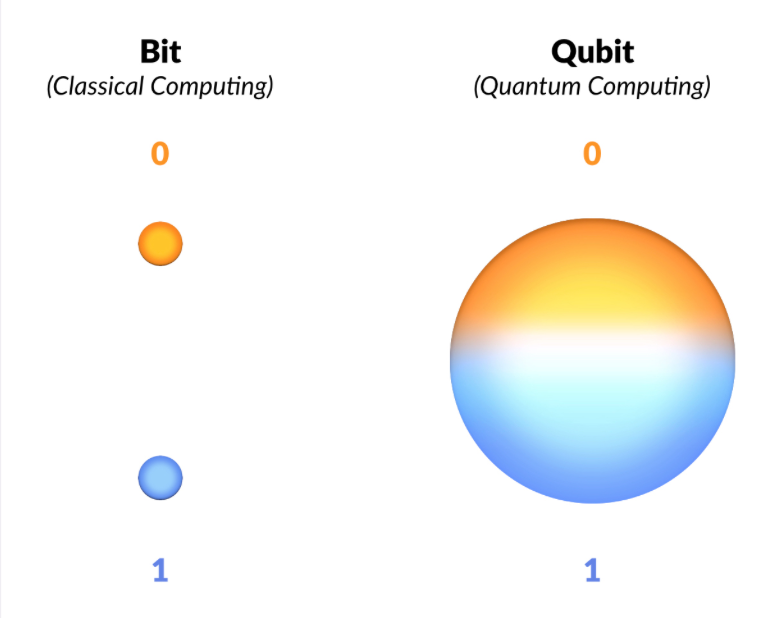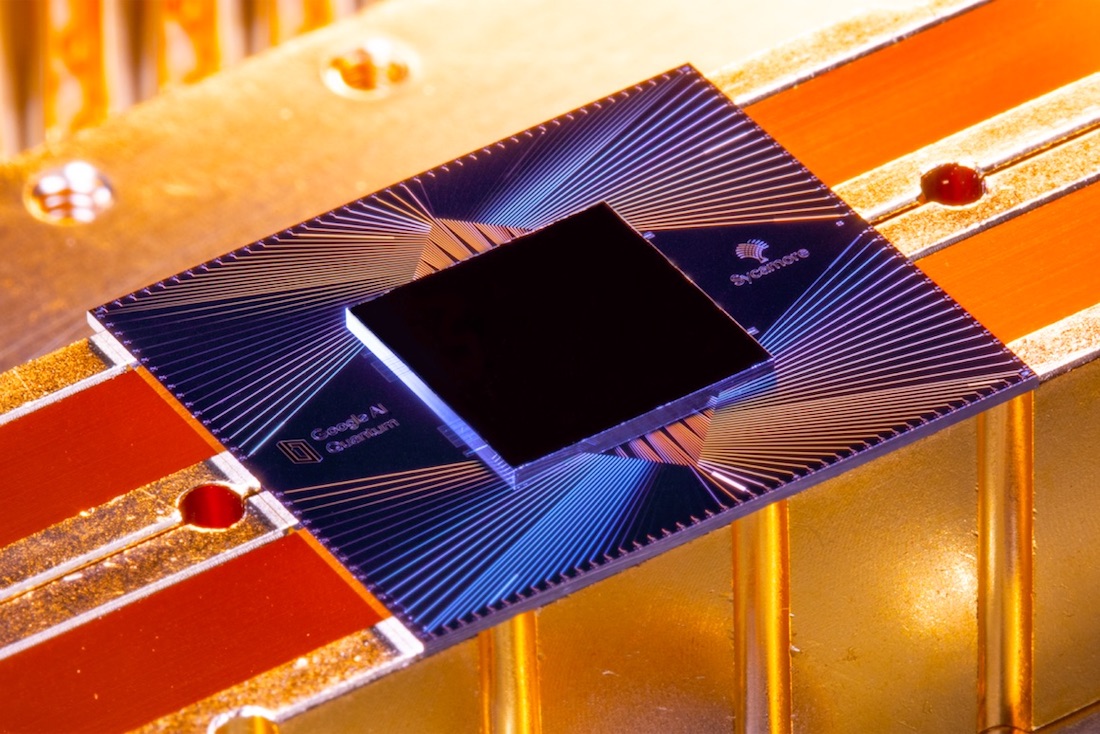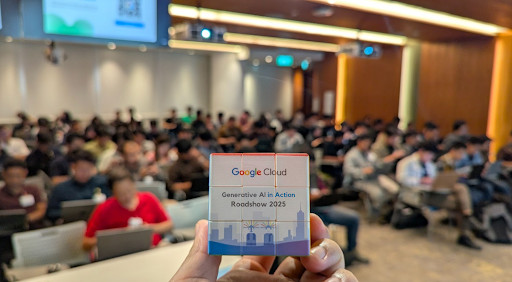Google recently revealed a quantum computer which they claim can solve in minutes what a problem a present-day supercomputer would need thousands of years to solve.
They published their findings in a Nature article, Quantum supremacy using a programmable superconducting processor.
From our partners:
With this breakthrough, Google claims to have attained quantum supremacy. Prior to this, a draft of the said paper was leaked back in September. This fueled discussions over whether or not Google can rightfully claim that quantum supremacy has been attained.
Have they? Haven’t they? Let’s figure out.
What is quantum supremacy?
Quantum supremacy refers to the point where quantum computers are successfully harnessed to perform feats that classical supercomputers will take an impractical amount of time to accomplish.
Quantum computers, as the name suggests, uses principles of quantum mechanics for its operation.
In classical computers, information is stored in bits which can take up two states — a 0 or a 1. Quantum processors use quantum bits or qubits, which possess the property of superposition. With superposition, qubits can be both 0 and 1 at the same time. This increases the number of states where information can be stored per qubit.

In Google’s example, they said 333 qubits in a quantum computer will have 2333 states (1.7 x 10100, that’s 17 followed by 99 zeros) that can be put in superposition. All these states provide quantum computers a vast space to explore multiple solutions to a problem.
Google’s quantum chip, known as Sycamore, possesses 53 qubits, meaning there are 253 states that can be superimposed in total. That’s more than 9, 000, 000, 000, 000, 000 superimposable states.
This allowed the Sycamore to perform a test computation in 200 seconds.
Have we reached quantum supremacy?
Questions about the validity of Google’s study are popping out in academia.
At the same time IBM, one of Google’s rivals in the quantum race, also rebutted the claim that the problem solved by Sycamore will require today’s supercomputers thousands of years to solve.
IBM’s Summit is currently the world’s fastest supercomputer. According to IBM, by adjusting how Summit will approach the problem Google presented in their paper, it will require the supercomputer only 2.5 days to solve it. This is magnitudes lower than the tremendously huge estimate of Google.
On the whole, as to whether or not quantum supremacy has been attained by Google remains up for debate.
Even if Google did attain quantum supremacy in their particular experiment, it does not mean quantum supremacy is attained in all other domains. Even Google admits that there are a lot of aspects to improve in the field of quantum computing that they are still working on.
Supremacy debates aside, there is also the question of value. Even if quantum computers attain supremacy, they also need to be stable enough to be upscaled for commercial use. Existing quantum computers are far from attaining that status.
It may be too early to claim supremacy, but Google has undeniably made huge strides in pushing forward the research in quantum computing. Right now, the goal of overall supremacy and wide-range applicability of quantum computers remain up for grabs.
For enquiries, product placements, sponsorships, and collaborations, connect with us at [email protected]. We'd love to hear from you!
Our humans need coffee too! Your support is highly appreciated, thank you!








